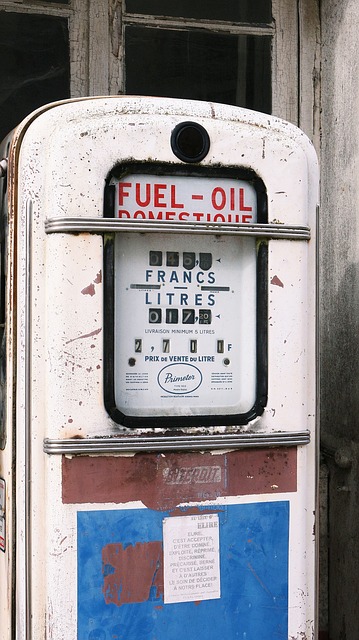Plumbing water heater services cover inspections, repairs, and installations aimed at maintaining and enhancing your home's hot water system. When an upgrade is needed, professional plumbers assess space, energy efficiency, and select suitable replacements (e.g., electric, gas, solar, tankless). Regular maintenance, including flushing and anode rod replacement, prevents breakdowns and prolongs heater life. Eco-friendly options like heat pump and tankless heaters save energy and reduce bills. Choosing a licensed, experienced plumber ensures high-quality Water Heater Installation and long-term satisfaction.
Looking to upgrade or maintain your plumbing water heater? Understanding the services available is crucial. This comprehensive guide delves into all aspects of water heater management, from understanding essential services and types to installation processes, common issues, and energy-efficient options. We also highlight when to consider a new heater and how to choose the right plumber for seamless water heater installation. By the end, you’ll be equipped with knowledge to make informed decisions.
Understanding Plumbing Water Heater Services
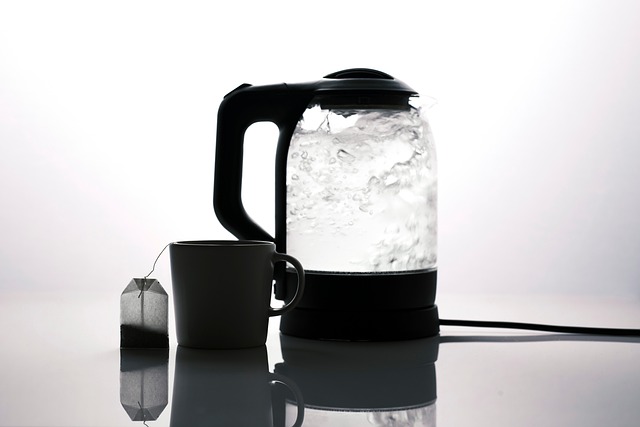
Plumbing water heater services encompass a range of tasks designed to maintain and enhance your home’s hot water system. This includes everything from routine inspections and repairs to specialized installations. Understanding these services is crucial for ensuring your water heater operates efficiently, safely, and lasts for years to come.
Water heater installation, for instance, involves more than just swapping out an old unit. Professional plumbers assess your space, consider energy efficiency, and select a suitable replacement that aligns with your household’s needs. Regular maintenance checks, including cleaning, flushing, and part replacements, are also vital to prevent breakdowns and prolong the life of your water heater.
Types of Water Heaters: A Comprehensive Overview
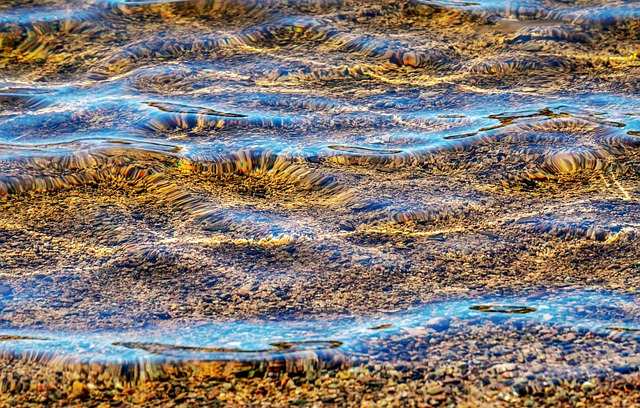
Water heaters are an essential part of modern homes, providing hot water for various daily tasks. Understanding the different types available is crucial when considering a Water Heater Installation. The market offers a wide range of options, each with unique features and benefits.
Electric water heaters, for instance, are popular due to their energy efficiency and quick heating times. They are ideal for smaller spaces and often come with advanced temperature control settings. On the other hand, gas water heaters are known for their reliability and consistent hot water supply. These heaters are highly efficient and suitable for larger families or areas requiring higher hot water demands. Solar water heaters, an eco-friendly choice, utilize solar energy to heat water, reducing electricity bills and carbon footprint. Finally, tankless water heaters, also known as on-demand heaters, offer instant hot water without the need for storage tanks, making them space-saving and highly efficient.
When to Consider Water Heater Installation

If your water heater is old, inefficient, or frequently malfunctioning, it might be time to consider water heater installation. Outdated models can waste a significant amount of energy and money in heating water that’s used only once. Newer water heaters are designed with energy efficiency at the forefront, utilizing advanced technology to provide hot water without compromising performance.
Additionally, if your current water heater is making strange noises, leaking, or showing signs of corrosion, these could be indicators that a replacement is necessary. Regular maintenance can often delay these issues, but eventually, investing in water heater installation will save you from unexpected breakdowns and ensure a steady supply of hot water for your household.
The Process of Installing a New Water Heater

Installing a new water heater is a process that requires careful planning and execution. It starts with assessing your home’s plumbing system to ensure it can accommodate the new unit. This includes checking pipe sizes, locations, and the distance between the water heater and the hot water outlets in your home. Once evaluated, the old water heater is carefully removed, taking note of any leaks or damage to the pipes.
The new water heater is then delivered and placed in its designated location. It’s crucial to ensure proper ventilation and a safe distance from flammable materials, as recommended by manufacturers. After positioning, the water heater is connected to the cold and hot water lines using specific fittings. Electric models require proper wiring, while gas heaters necessitate a secure line connection for fuel supply. Finally, a pressure relief valve is installed to maintain optimal system pressure, ensuring your new water heater operates safely and efficiently.
Common Issues with Water Heaters and Their Solutions
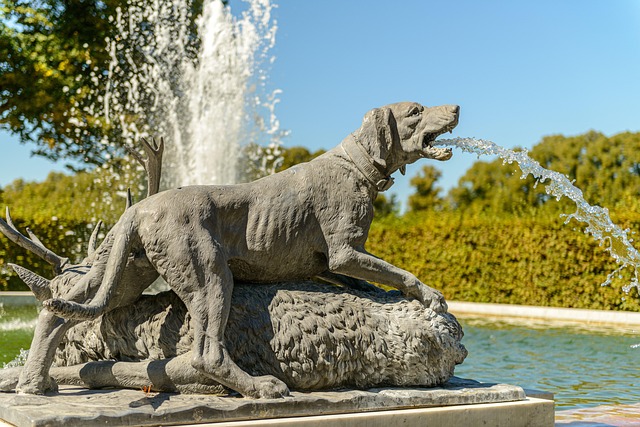
Water heaters are essential appliances in any home, but like all machinery, they can encounter issues over time. Common problems include temperature regulation malfunctions, where the heater fails to maintain the desired setting, leading to either scalding or cold water. This issue often stems from faulty thermostats or heating elements and can be resolved through professional water heater repair services that offer replacement parts and precise adjustments.
Another frequent concern is leaking, which can result from corroded connections, a failing pressure relief valve, or an old, worn-out tank. Leaks not only cause significant water waste but also damage to your property. The solution lies in regular maintenance checks and timely replacements, as recommended by plumbing experts. Water heater installation services not only address these issues but also ensure efficient energy usage, prolonging the life of your heater and providing hot water with minimal environmental impact.
Maintenance Tips for Optimal Water Heater Performance
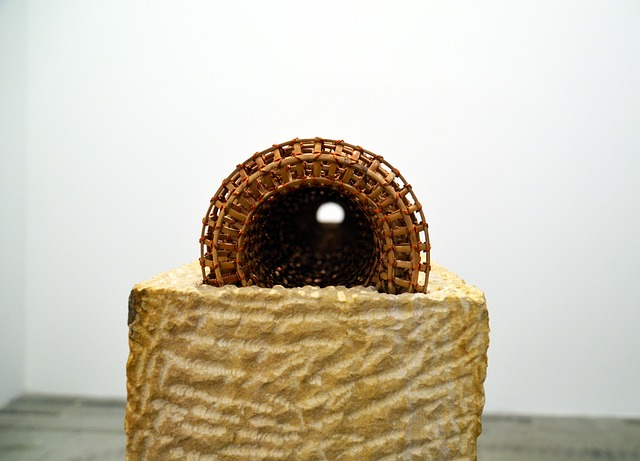
Regular maintenance is key to keeping your water heater in top condition and ensuring optimal performance. One of the simplest yet most effective tips is to flush out the tank periodically, removing any sediment buildup that can reduce efficiency. This process involves shutting off the cold water supply, draining the tank, and then refilling it. It’s a good practice to do this every six months to a year, depending on your usage and local water conditions.
Additionally, checking and replacing the anode rod is crucial. This rod sacrifices itself to protect the tank from corrosion, and over time, it will erode and need to be replaced. A water heater installation professional can assist in this task, ensuring the job is done correctly and safely. Remember, regular maintenance not only extends the life of your water heater but also prevents unexpected breakdowns, saving you potential repair costs.
Energy-Efficient Water Heating Options
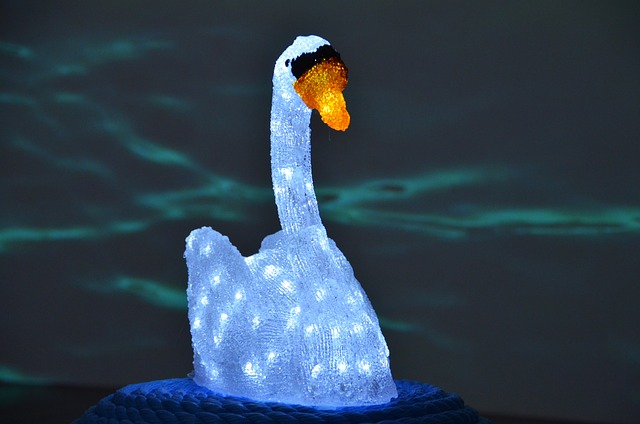
In today’s eco-conscious world, homeowners are increasingly looking for energy-efficient water heating options to reduce their carbon footprint. Fortunately, there are several advanced water heater technologies available that offer both environmental benefits and cost savings. One popular choice is tankless water heaters, also known as on-demand heaters. These innovative systems heat water only when needed, eliminating the energy waste associated with keeping a large tank hot 24/7. This technology is especially beneficial for smaller households or those with limited hot water usage.
Another game-changer in water heater installation is heat pump water heaters. Unlike traditional electric heaters that use resistance heating, these units transfer heat from the air or ground to warm the water, making them significantly more energy-efficient. Heat pumps are a versatile option, suitable for both residential and commercial properties, and they can be even more cost-effective when combined with renewable energy sources like solar power. By adopting these modern water heating solutions, homeowners not only contribute to environmental sustainability but also enjoy lower utility bills.
Choosing the Right Plumber for Your Water Heater Needs

When it comes to your plumbing water heater services, selecting the suitable plumber is half the battle won. It’s a crucial decision as it impacts both the quality of service and your overall satisfaction. Look for plumbers with extensive experience in water heater installation, as this expertise ensures they can handle various models and types efficiently. Reputable professionals should be licensed and insured, offering peace of mind during the process.
Reputation matters; check online reviews and ask for referrals to gauge their customer service and work quality. A good plumber will assess your space, understand your hot water needs, and provide tailored solutions. They should also offer maintenance tips and ensure any installation adheres to safety standards. With proper research, you can find a reliable expert who will deliver top-notch water heater installation services, ensuring your comfort and convenience for years to come.
